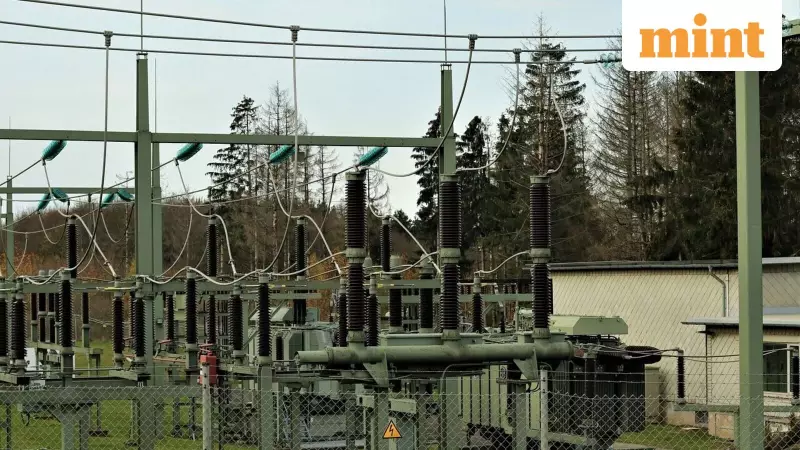
Government Halts Implementation of Key Safety Regulations
In a significant policy shift, the Indian government has postponed the implementation of the Machinery and Electrical Equipment Safety Order, 2024, while simultaneously withdrawing 14 quality control orders for mostly imported petrochemicals and industrial raw materials. The Ministry of Heavy Industries issued an amendment that scraps the previously scheduled implementation date of September 1, 2026, marking another pause in India's recent drive to tighten technical standards across multiple sectors.
The Second Amendment Order, 2025, issued under the Bureau of Indian Standards Act, 2016, now states that the regulation will come into effect from such date as may be notified by the Central government in the official gazette. This open-ended approach replaces the definite timeline that manufacturers and importers had been preparing to meet.
Impact on Growing Electrical Equipment Market
The timing of this decision is particularly significant given the substantial growth in India's electrical equipment sector. According to Mordor Intelligence, the electrical enclosures market size stood at $263.1 million in 2025 and is forecast to reach $341.85 million by 2030, advancing at a 5.38% CAGR over this period. This growth is primarily driven by increasing residential and commercial building projects across the country.
The 2024 regulation was originally designed to establish mandatory safety standards for a broad range of machinery and electrical equipment. It was initially scheduled to take effect one year after its publication in August 2024, but was later pushed to September 2026 through a June 2025 amendment. With the latest change, the rollout has become completely open-ended, creating uncertainty for businesses that had begun preparing for compulsory compliance.
Industry Reactions and Expert Warnings
Industry representatives have welcomed the government's cautious approach. Vikram Gandotra, President of the Indian Electrical and Electronics Manufacturers' Association, stated that "The Government of India's prudent approach considers the ecosystem's preparedness and maturity. To maintain the power sector's high growth rate, a strong supply chain network and smooth logistics are critical, and the recent notifications should help in removing the bottlenecks."
Pankaj Chadha, Chairman of the Engineering Export Promotion Council, added that while the government's intention with QCOs is good, "it should apply across the value chain instead of just to raw materials. Such moves by the government are in the best interest of the manufacturing sector."
However, trade experts have raised concerns about potential negative consequences. Ajay Srivastava, co-founder of the Global Trade Research Initiative, warned that in sectors such as polymers, fibres, metals and intermediates where QCOs have been withdrawn, global suppliers might attempt to offload excess inventory at predatory prices.
"India must closely monitor import trends—daily if required—to ensure the absence of quality rules does not trigger a surge of dumped or sub-standard materials," Srivastava cautioned. He emphasized the need for continuous surveillance of customs data, DGTR alerts, and landed price patterns to enable swift government action through anti-dumping, safeguard or tariff-rate measures if unfair trade practices emerge.
This balanced approach aims to preserve the benefits of the QCO rollback—including lower costs and smoother supply chains—while protecting domestic industry from injury caused by dumped imports. Small manufacturers particularly view the removal of steel QCOs as the most critical and overdue step to restore competition, supply stability and ensure the survival of small businesses.






